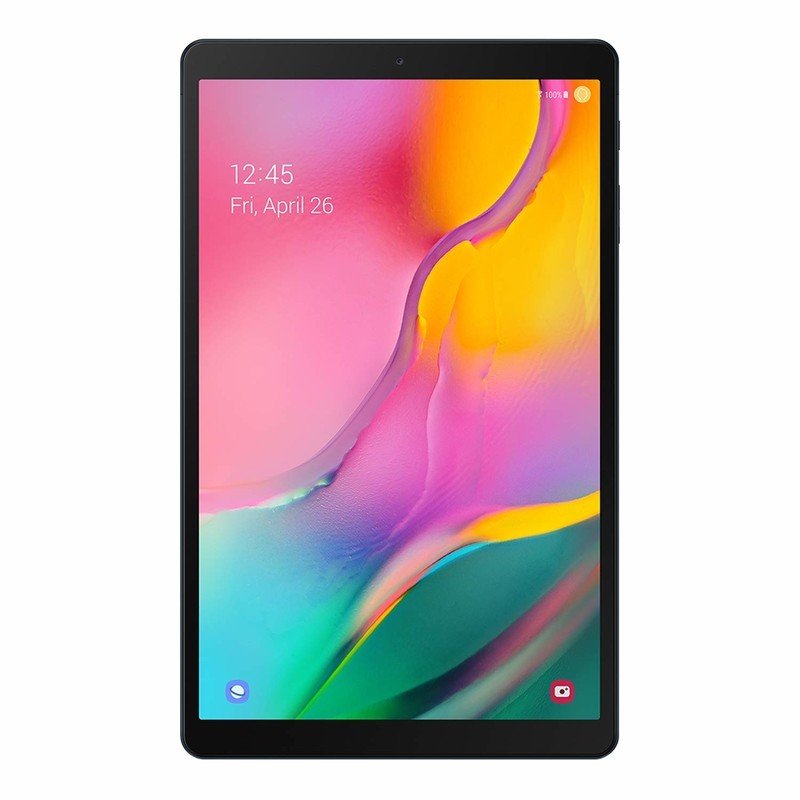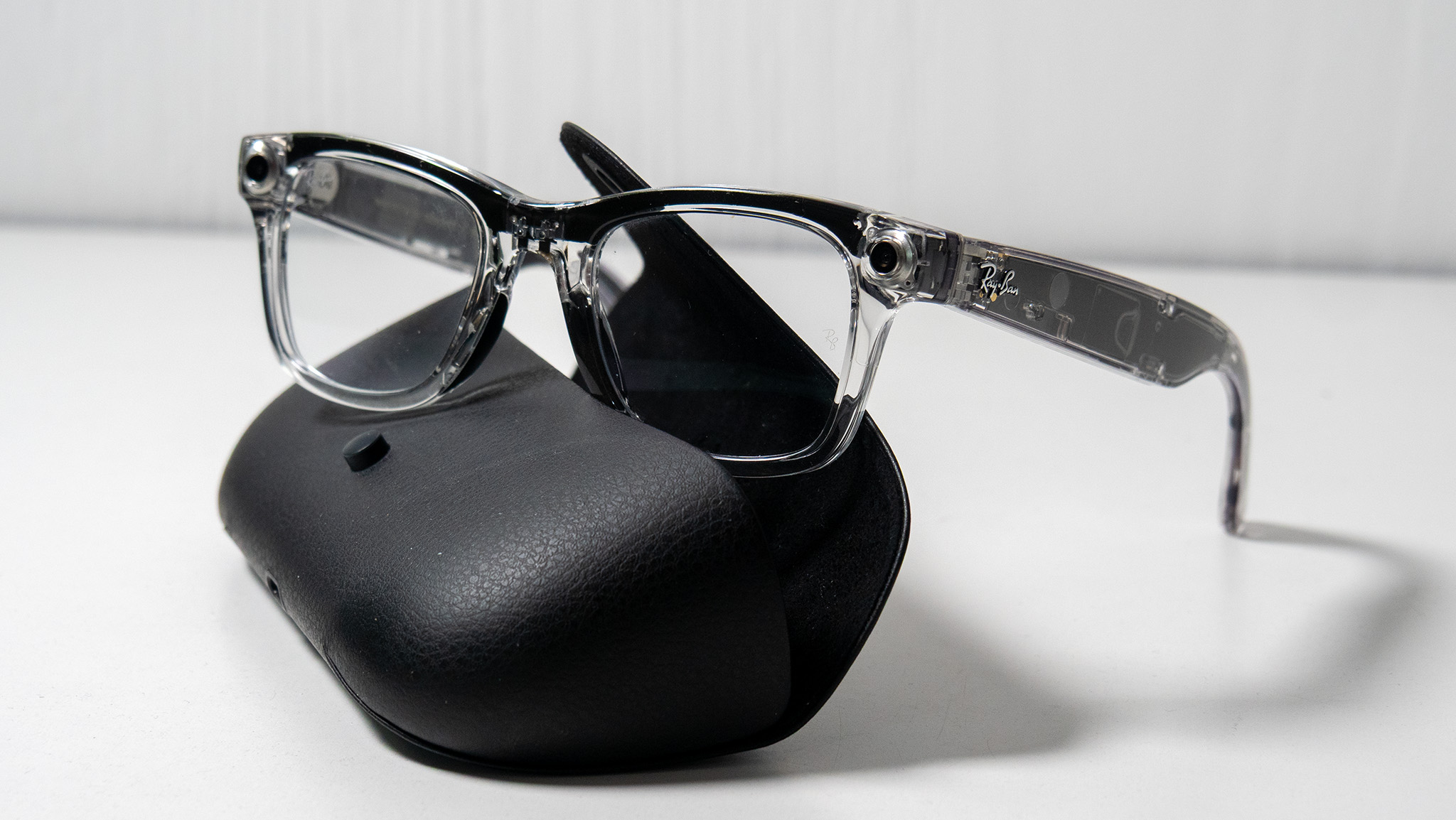Google stopped caring about tablets long before the Pixel Slate
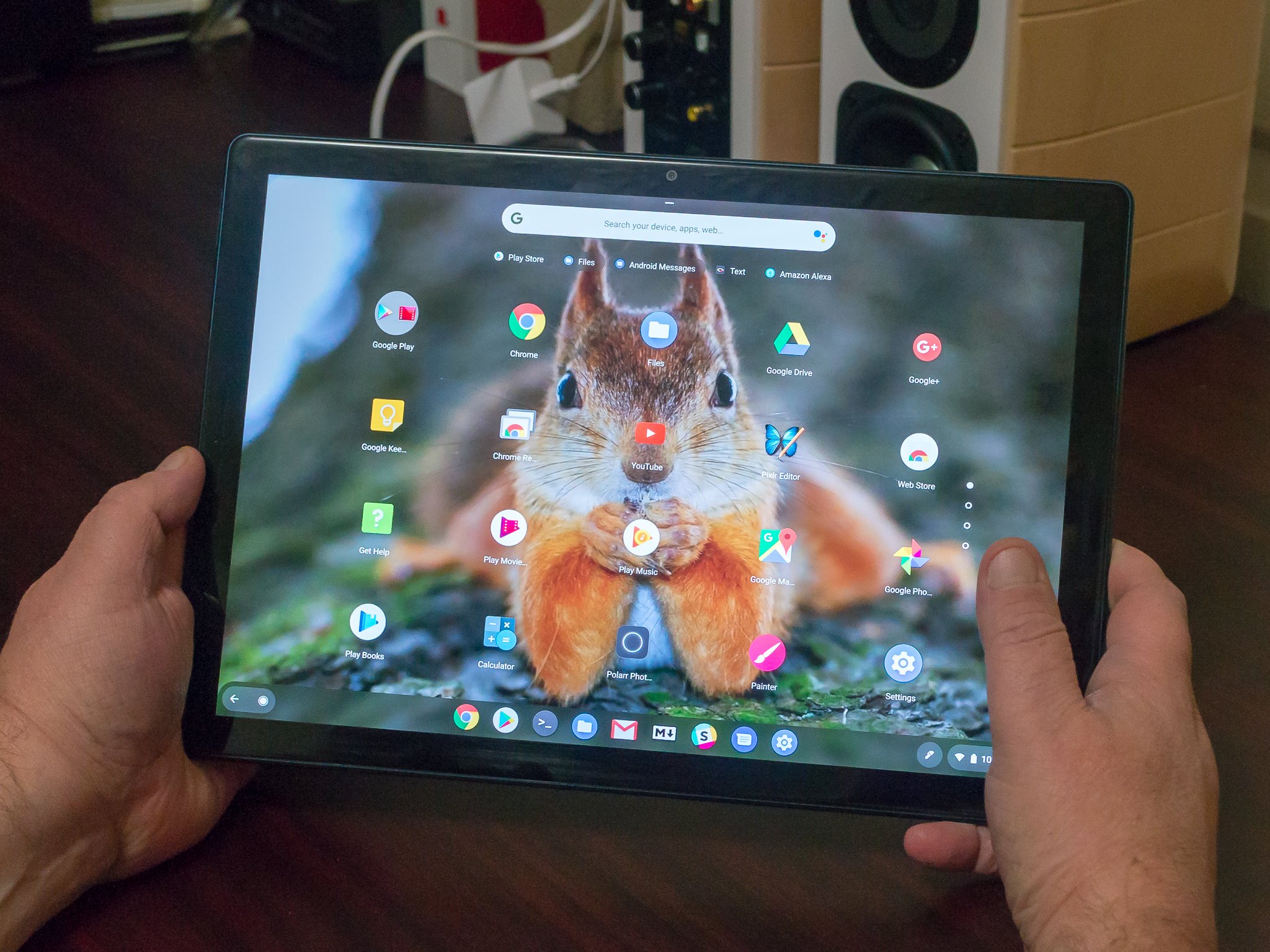
Google has been put on record saying it's canceling the production and sale of self-branded tablets. As it turns out, this isn't exactly a new decision, but Google being up-front about it all is; a Google spokesperson told Computer World it's done in no uncertain terms. And Rick Osterloh, the head of Google's hardware department, even tweeted an admission of the leak.
Saying Google doesn't care about tablets is an old cliché, but it's also true.
We already knew Google had plans to scale back its internal hardware division this year and in March the first word that tablets were getting canned was spreading around. If you've been paying attention, it probably didn't surprise you then and doesn't surprise you now because Google has never really cared about tablets.
The reasons it hasn't had a burning desire to build an amazing tablet are complex yet simple: it doesn't need to and it can't make any money doing it. And these reasons are tied together in a way that isn't likely to change any time soon.
Hardware versus software

Google wasn't born a hardware company. We have Pixel phones and Pixel Chrome products now, but those products were all originally built by outside companies and branded with Google's own name. Google built its business on software.
When it comes to products like Android and Chrome, that software was targeted explicitly to other companies who made hardware, like Samsung or LG. Google makes money from Android and Chrome because Samsung and LG and many other companies take those products and use them; more people using Android and Chrome means more eyeballs on Google's services which means more revenue from advertisements. The hardware division at Google seems like a vanity project at times and doesn't generate any significant income.
Google's best tablet was the Samsung Nexus 10. That's telling.
A look at Google's tablet products quickly shows that having other companies make them is a better idea anyway. Outside of the Nexus 7, none were very well received and some were absolutely vilified by reviewers and users alike. That doesn't mean that everyone hated the products — I actually like the Pixel Slate but only when the keyboard is attached — but it does mean that none ever really had a chance to become a commercial success.
Samsung can make a good Android tablet. Well, as good as an Android tablet can be because Google doesn't really care about tablet software, either. But we'll talk more about that in a few minutes. Samsung is able to take what works on a tablet then add its own software to fill in the gaps and try to build a product that competes with the iPad. In contrast, Microsoft is able to build a laptop that's usable as a tablet and try to compete with the iPad, too. Google hasn't been able to pull it off, and I get the feeling that the people who count the beans have decided that enough is enough and there will be no more millions wasted on trying.
Be an expert in 5 minutes
Get the latest news from Android Central, your trusted companion in the world of Android
But the reason Google hasn't been able to pull it off is the same reason it's stopping production — Google never really cared about tablets to begin with. At least not enough.
Practice, practice, practice
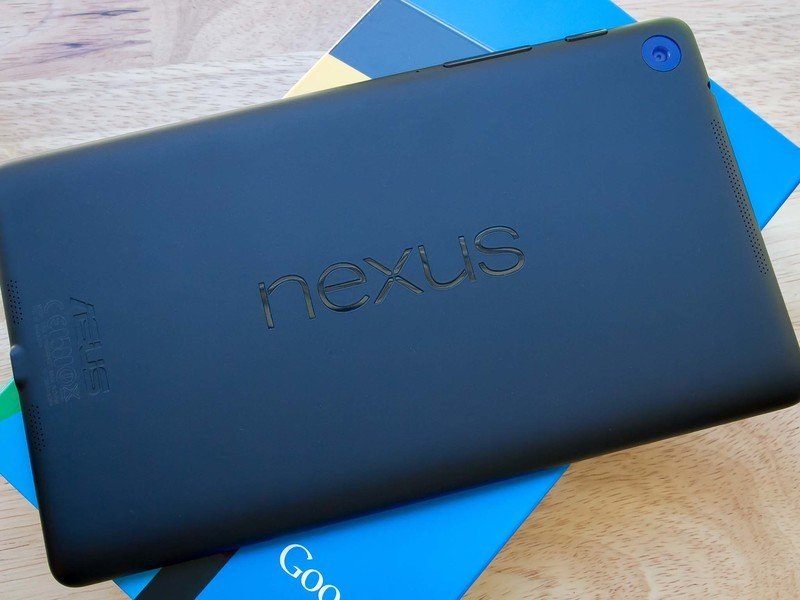
Remember the Motorola Xoom? It was the first "Google-made" Android tablet and it came with a lot of promises about how Android apps would soon be better. We heard the same promise with each and every tablet to come from Google, and it just never happened. The Nexus 7 is once again a bit of an outlier, but mostly because it isn't that much bigger than many phones are today; an app built for a 6-inch phone doesn't look or act terribly on a 7-inch tablet. With the launch of the Pixel Slate, we see that not much has changed and a promise of great Android apps on a tablet is still just a promise.
Tablets aren't just big phones and most Android apps prove it.
That's because Google has failed to do what it needed to do in order to make them great. It decided that quantity was more important than quality and in order to claim it had millions of tablet apps in Google Play developers were not forced to make any of them good. That's not to say none of them are, but the few jewels on the tablet side of Google Play are that's only because the developers wanted it more than Google did.
Even Android and Chrome OS are not great on a tablet. Things are certainly better than they used to be, but all it takes is using a phone or a Chromebook then transitioning directly to a tablet running Android or Chrome to see that a lot more could be done to make the experience better. It all feels a bit forced, and because the operating system and the apps can run on a bigger touch display they are plopped down with a promise that things will get better. And while there have been plenty of tries, they haven't really been made to be good enough.
I thought Honeycomb was supposed to fix this. Or Ice Cream Sandwich. Or something.
While this means stopping production of any tablets might make sense for the accountants because making them loses money, it also means that making the software work better on them all depends on an OEM willing to build one. Samsung's not going to stop making the Galaxy Tab any time soon, but if it did, what would Google do? With no in-house product to test with or build on, Android on a tablet either depends on cheap products built as impulse buys or it withers and dies.
Chromebooks have a slightly less bleak future, as for most people Chrome is nothing but a window to a web that's becoming touch-friendly. The controls and settings and ancillary parts of the system may feel clunky and unoptimized, but the majority of the content simply needs a well-built display and digitizer to work as a tablet. Not that many companies are rushing to build Chrome tablets, but if any were, they would benefit from Google trying to make Chrome better on a touch screen — which it is still doing because there are no plans to discontinue building self-branded Chromebooks.
Unfortunately, you only get thoughtful and well-designed software on a tablet the same way you get to Carnegie Hall: practice, practice, practice.
It ain't over 'til it's over
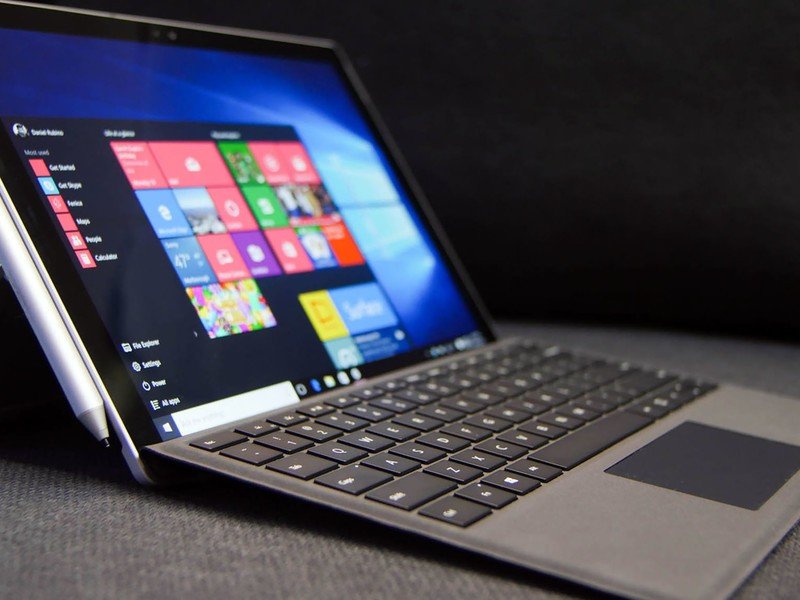
This probably isn't the last chapter in the Google tablet saga. The company can't compete with Apple and Microsoft in the tablet space right now and seems to be conceding rather than continuing to spend more money. That will probably change once someone thinks of a better way or a better reason to get the assembly lines rolling once again. In the meantime, Samsung will keep taking what Google offers and do its best to build a great Android tablet, and you can flip the screen back on your Chromebook if you crave that second-class experience of an all-touch Chrome OS. That doesn't mean we have to like it, though.
It also doesn't mean the decision makers at Google are too concerned with what we like or don't like about this one. We are the company's primary customers, but business is business and that means programs that make money will be favored. If the market shows demand for another iPad or Surface alternative, and someone at Google thinks they know a way to build one that can be better than the rest, it will happen. In the meantime, a Galaxy Tab A is less than $300 and better than any tablet Google has ever built itself.

Jerry is an amateur woodworker and struggling shade tree mechanic. There's nothing he can't take apart, but many things he can't reassemble. You'll find him writing and speaking his loud opinion on Android Central and occasionally on Threads.
